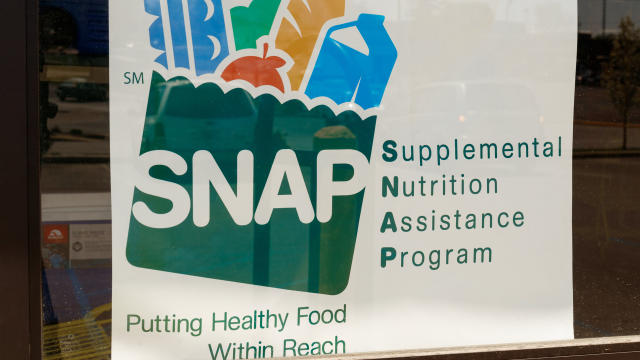The USDA will implement the Summer Electronic Benefits Transfer (EBT) program in the summer of 2024. The program promises grocery benefits to roughly 21 million eligible children in 44 states, five territories, and four Tribes. The Biden-Harris Administration wants to improve food and nutrition security.

Summer EBT Program: $120 Grocery Benefits for Eligible Children
In the summer, participating states, territories, and Tribes will give families $120 per eligible child to spend at grocery shops, farmers markets, and other authorized retailers under the Summer EBT program. This benefit is used like SNAP. Participating Tribes will also provide a WIC-authorized store benefit of the same amount.
The USDA forecasts that Summer EBT will offer roughly $2.5 billion in grocery benefits to 70% of eligible children. After extensive evaluations of a multi-year demonstration project, the program is predicted to drastically reduce child hunger and enhance diet quality.
35 states, five U.S. territories, and four Tribes have committed to launching the program in 2024, with more joining in 2025. States and Tribes that don’t join in the summer of 2024 can opt-in later.
USDA’s Summer EBT Program: Nationwide Expansion and Collaborative Success
The USDA wants to roll out Summer EBT nationwide quickly. States, territories, and Tribes are receiving considerable assistance, training, tools, and support from the Department for a successful 2024 rollout and 2025 and beyond implementation.
Deputy Secretary Xochitl Torres Small will celebrate the program’s success in Baltimore later this month with leaders and partners. The effort, along with other summer nutrition programs and meal locations that serve free meals to families nationwide, is considered a critical step in combating summer child hunger.
Through school breakfast and lunch programs, WIC, and SNAP, the USDA’s Food and Nutrition Service fights hunger and improves food security. The Biden-Harris Administration’s USDA reform efforts focus on resilient local and regional food systems, fair producer markets, and safe, healthy, and nutritious food for all communities.
READ ALSO: Florida’s Tax System Ranked Most “Upside Down” in the Nation, Study Finds




